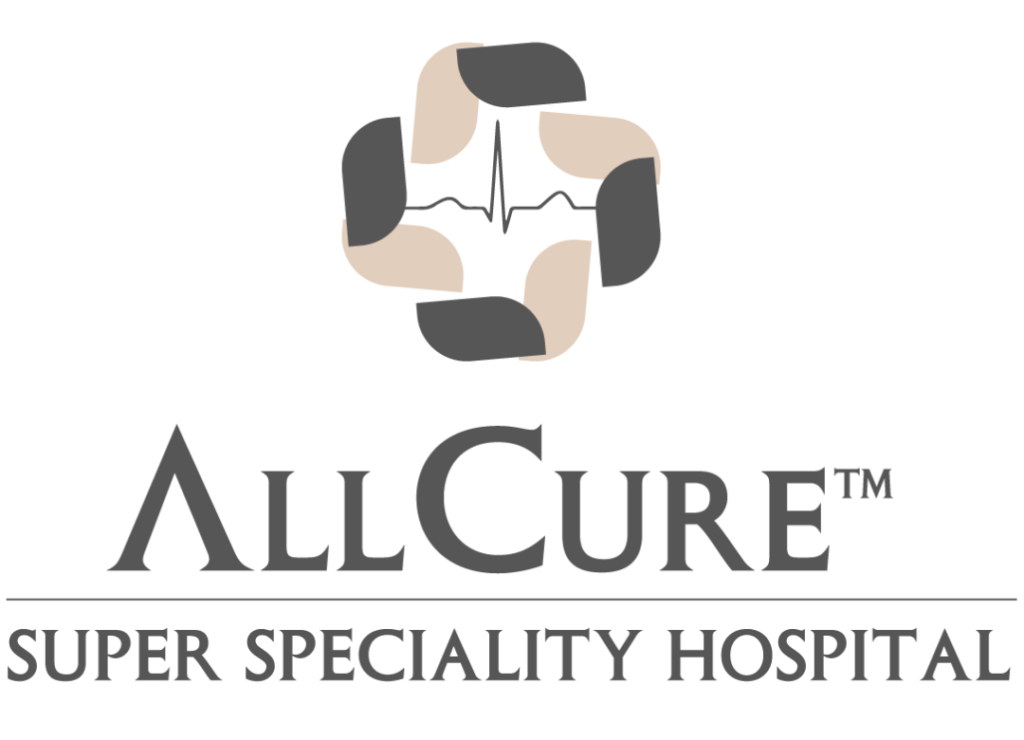What Are High-Risk Pregnancies?
High-risk pregnancies require specialized care to manage potential complications affecting the health of both mother and baby, ensuring safe outcomes.
Causes and Risk Factors of High-Risk Pregnancies
Maternal Health Conditions:
- Diabetes
- Chronic High Blood Pressure
- Organ Transplant
- Autoimmune Diseases
- Heart Conditions
Fetal Risk Factors:
- Birth Defects: Conditions like congenital heart diseases.
- Chromosomal Abnormalities: Examples include Down syndrome.
- Genetic Disorders: Conditions like Fragile X syndrome.
- Intrauterine Growth Restriction: Slow fetal growth rate.
Pregnancy-Related Risk Factors:
- History of Pregnancy Complications:
- Multiple miscarriages or pregnancy losses.
- Stillbirth.
- Preeclampsia and HELLP Syndrome: Preeclampsia is caused by high blood pressure and can lead to complications like HELLP (a severe form affecting the liver and blood clotting).
- Placental Complications:
- Placental abruption (premature separation of the placenta).
- Abnormal placentation or placenta accreta (deep growth of placental tissues into the uterine wall).
- Multiple Pregnancies: Higher risks of preterm labor and low birth weight.
Lifestyle and Age Factors:
- Lifestyle Factors: Smoking, alcohol, drug use, or poor nutrition.
- Age Factors:
- Teenage pregnancies.
- Women over 35 are at higher risk of gestational diabetes and chromosomal abnormalities.
How Multispecialty Hospitals Ensure Safe High-Risk Pregnancies
The Benefits of a Multidisciplinary Approach
Multispecialty hospitals provide comprehensive care by combining expertise across fields. This ensures both the mother and baby are closely monitored and supported.
- Maternal-Fetal Medicine Specialists: Oversee prenatal, labor, and neonatal care.
- Obstetricians: Monitor health and intervene when necessary.
- Neonatologists and NICU Teams: Address complications in premature or at-risk babies.
- Other Specialists: Cardiologists, endocrinologists, and dietitians as needed.
Advanced Monitoring and Diagnostic Tools:
- Real-Time Health Tracking: Helps detect and address complications early.
- 24/7 Supervision: Ensures emergencies are handled promptly.
- Specialized Treatments: Includes corticosteroids for preterm labor and NICU care.
- Emotional and Psychological Support: Addresses maternal mental health.
Preventive Tips for Managing High-Risk Pregnancies
Preventive Care Measures:
- Preconception consultations to address existing health concerns.
- Regular health screenings for blood pressure, blood sugar, and weight.
- Genetic counseling for families with a history of inherited conditions.
- Prenatal vitamins, early diagnostic tests, and updated vaccinations (e.g., flu shots).
Lifestyle Tips:
- Follow a healthy diet and stay physically active.
- Avoid smoking, alcohol, and harmful substances.
- Manage stress with mindfulness or counseling.
- Get adequate rest and stay hydrated.
Why Choose AllCure Hospital for High-Risk Pregnancies?
At AllCure Hospital in Mumbai, we specialize in managing high-risk pregnancies with care and precision. Here’s what sets us apart:
- Experienced Specialists: Our team includes obstetricians, neonatologists, and maternal-fetal medicine experts.
- Personalized Care Plans: Tailored to individual medical needs.
- Advanced Technology: State-of-the-art diagnostic and monitoring tools.
- Comprehensive Maternity Services: From prenatal care to postpartum support.
- 24/7 Emergency Care: Always prepared to address complications.
With a patient-centric approach, we prioritize the health and well-being of both mother and baby, giving you peace of mind during this journey.
Take the First Step Toward a Safe Pregnancy
Managing high-risk pregnancies requires expertise, continuous monitoring, and compassionate care. At AllCure Hospital, we offer all this and more.
Contact us today to schedule your consultation and ensure a safe and healthy pregnancy!
